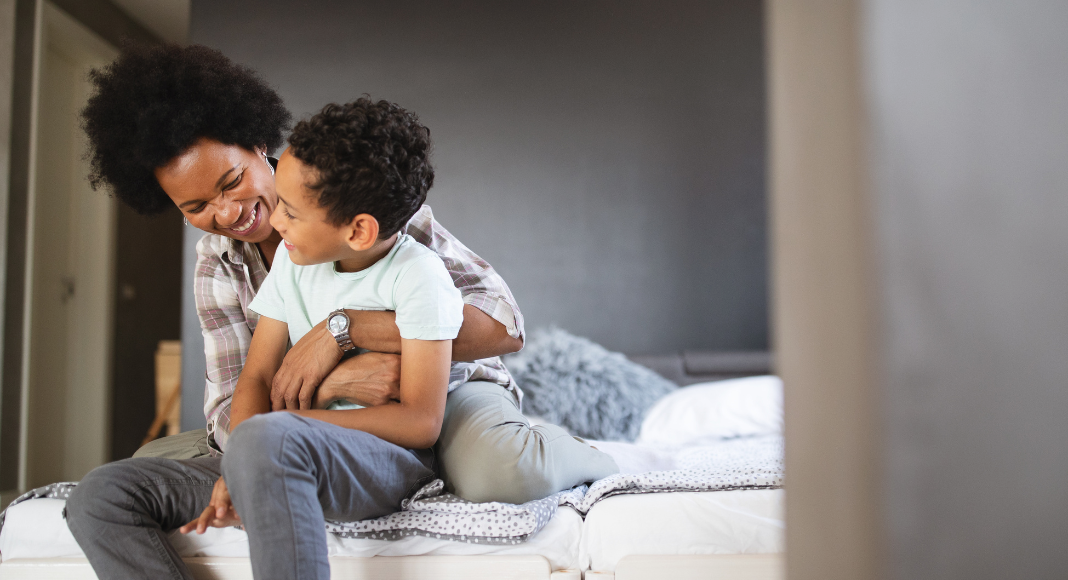DISCLAIMER: The following post outlines the writer’s personal tips for mental health. It is not intended to act as medical advice. As always, please consult your doctor with any questions about how to improve your mental health.
Today marks World Mental Health Day! Cue “Happy” by Pharrell!
This day was founded by the World Mental Health Organization (endorsed by the World Health Organization, WHO) in 1992. The intent on making this the day of awareness is to continue with the push of making everyone’s mental health a priority. Navigating this world in 2022 can get the happiest of us down, and this foundation has great resources for tips and tricks on improving anyone’s mental health.
When I was a child (and I’m not disclosing my age), speaking on your mental health was taboo. I grew up in the era that when I said I was mad or angry, I was told, “You don’t have feelings, you will be okay.” This phrase heard in many households was not because my parents were horrible, or that they didn’t love me. This phrase came from a long history of shunning expressing emotions. You cannot appear weak, and so this was a practice of teaching your child how to survive the world.
Fast forward 30 years, and there is now a strategic and state initiative from the Michigan Department of Education (MDE) that promotes mental wellness of children, adopting the implementation of Social and Emotional Learning for classrooms. According to MDE’s website and their strategic planning for the wellbeing of children, “When students and staff are safe and healthy, academic achievement is increased. Healthier and safer students make more productive choices.”
 Mental health is not a diagnosis of a disease. Just as we go see a doctor for a routine check-up or physical, there are things we can do to check in with ourselves, and with our children, to make sure their emotional needs are met. Mental health is just as important as physical health.
Mental health is not a diagnosis of a disease. Just as we go see a doctor for a routine check-up or physical, there are things we can do to check in with ourselves, and with our children, to make sure their emotional needs are met. Mental health is just as important as physical health.
Here are some easy ways you can prioritize healthy mental health practices for you and your children:
Quality Time
Spending time with your child is just as important as feeding them. A strong connection to your child helps them to balance the nuances of the real world. One of my favorite movies to watch with my children is Inside Out. What better way to not only spend quality time with your child, but also have a cool visual of what and how most of our brains operate with balancing emotions?! Go watch the movie now!
Shared Journaling
Anxiety comes full force when you become overwhelmed. Writing those thoughts out is a helpful way to decompress. Grab some vibrant markers and your favorite mantra, and let the words flow out. You can even find cool “Mommy and Me” journals so you both have a safe space to share your thoughts with each other.
Alone Time
There is a thin line between smothering and being hands-off. Find the balance that works best for you and your child. Sometimes, it is okay for you or your child to have a moment to decompress and reflect. This looks different for everyone, but getting comfortable with just yourself is part of a self-regulation skill that is crucial for maintaining a positive mindset.
Smell the Flowers, Blow Out the Candles
Any parents of toddlers here? We need our own special support group because this means you have a child who was born in the middle of a pandemic! When my toddler is expressing her frustrations, I touch her belly and then say out loud, “Smell the flowers (breathe in)” or, “Blow out the candles (breathe out).”
Sometimes I combine both, or I actually give her bubbles to blow so that she has something tangible in her moments of stress. Not only does this exercise help her, it helps me! I’m able to remain calm while I help support her social/emotional development.
Affirmations
I am my worst critic. I have noticed that because I belittle myself, my son started to do the same! This mirroring effect encouraged me to interrupt my anxiety with gratitude. I have adopted affirming the positive and instilling this practice in my children. Sometimes, I leave post-its on my son’s bathroom mirror as a fun visual to remind him, he is enough!
Play, Play, Play!
As a former early childhood educator, I know the importance of play. Play is a great way to teach social skills, to talk out grievances, and to connect! You can do this with playing dress-up, or going to your local dollar store and finding fidgets and/or sensory toys to explore. Play provides structured control for children and allows them to be creative within the boundaries set for them ahead of time.
This day amplifies the voices of those who suffer from mental health illnesses and/or issues. It also normalizes the importance of preventative measures to reduce the negative effects of not treating issues related to mental health. These tips are simple, and you can incorporate them into your child’s life daily.










